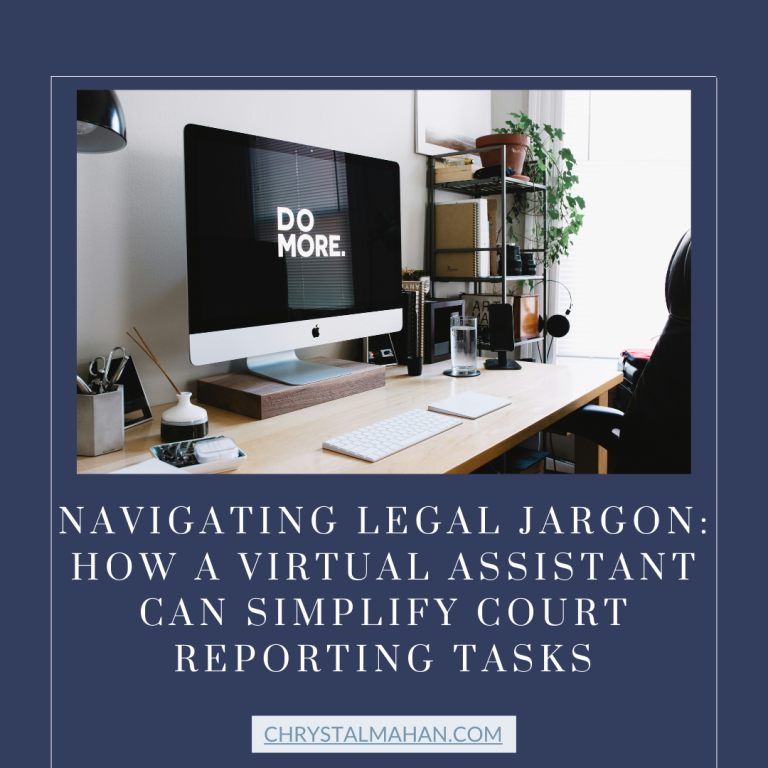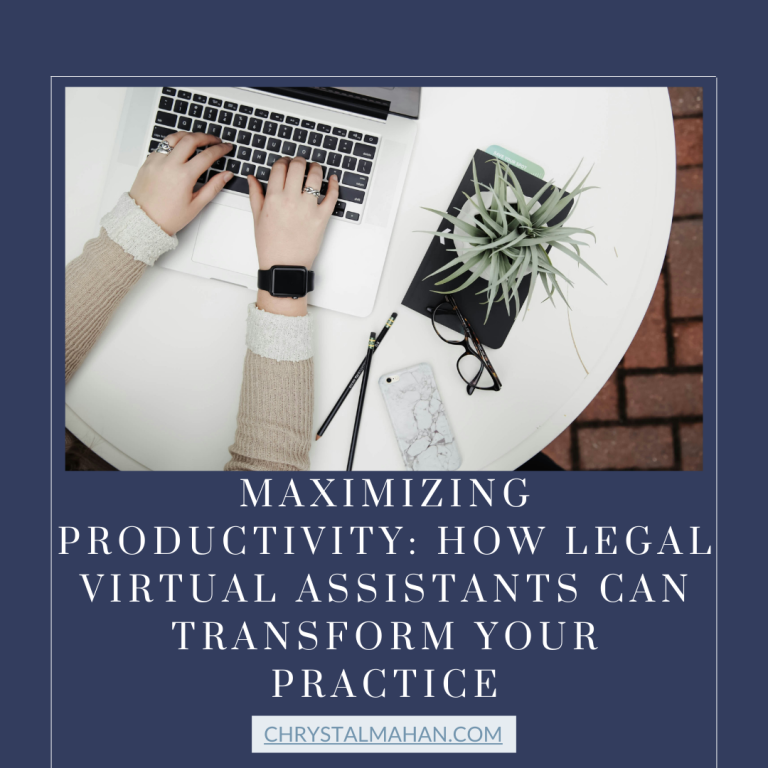Solopreneurs: Be Prepared for Sick Days


No Paid Sick Days for Solopreneurs
As a solopreneur, you’ve made the brave decision to go at it alone and be your own boss. You’re likely familiar with the many benefits that come with this lifestyle, but there is one potential downside — no paid sick days. Working for yourself means that when you’re feeling a little under the weather, it can be challenging to make ends meet while still taking care of your health.
Being an independent entrepreneur can be rewarding, but it also means taking responsibility for your health and well-being. This article will discuss the challenges of managing illness without paid sick leave and provide strategies to help solopreneurs deal with those issues.
When There Are No Paid Sick Days
When it comes to running a business, there are always tradeoffs. Solopreneurs, who don’t have any employees and work alone, face the unique challenge of not having any paid sick time when they need it. This can be a complex problem for solopreneurs who rely on their own income to pay their bills and support themselves.
The lack of paid sick time is an issue for solopreneurs because, unlike a traditional 9-5 job where workers can take advantage of employer-paid sick days, solopreneurs lose out on that benefit. This means that if they become ill and aren’t able to work, there is no guarantee of getting compensated for missed wages or taking the necessary time off to recover without worrying about money.
How Solopreneurs Can Be Prepared for Sick Days
As a solopreneur, taking sick time can be tricky. It’s your responsibility to make sure your business runs smoothly and efficiently, but sometimes you need to take a step back and prioritize yourself. Not taking the time to rest when you’re sick can lead to further health issues or, even worse, put a strain on the business. Here are some tips for how solopreneurs can take sick time without sacrificing their workload.
#1. Get Organized
The first thing you should do is get organized.
Set up systems for tracking upcoming projects and deadlines, so you know exactly what needs to be done and when. You’ll want to track what tasks need to be done each week and which ones can wait until you’re feeling better. It also helps to list out any other responsibilities – such as scheduling social media posts or paying bills – in order of priority so that those items don’t fall through the cracks while you’ve stepped away from your business.
Make sure all of your documents are up-to-date, create emergency contact lists in case of an emergency, and keep track of any tasks that could be delegated while you’re out. This way, there won’t be any surprises when it’s time to return from your time away.
#2 Plan Ahead
Make sure you have as much work done as possible every day – no procrastinating – so that when you’re feeling under the weather, there aren’t looming deadlines hanging over your head.
Think about which tasks are essential and which can wait until you’re back on your feet. Then make a list of those important tasks that need attention even if you get sick. Once you know what needs to happen, delegate or outsource those items so someone else can handle them while you recover.
Set up automatic emails with updates on progress in case clients need to know what’s happening while you’re away. It’s also a good idea to advise clients of any upcoming absences so they can plan accordingly.
#3 Use Technology
Sick days are a necessary part of life, but for solo entrepreneurs, it can mean losing out on valuable working hours. Fortunately, solopreneurs can take sick days without sacrificing their workload with the right technology.
By setting up automations, solo entrepreneurs can create enough breathing room in their schedule to effectively manage their workload while taking some time off to rest and recover.
For example, automated emails allow solopreneurs to respond quickly to customer inquiries and maintain an active presence even when they’re not physically present at work. Automated task lists also help them keep track of what needs to be done while away from their office.
Solopreneurs should also consider investing in tools like project management software that make it easy for them to stay connected and organized during their time off. You should also look into scheduling programs like Asana or Trello that allow you to track progress and communicate with clients even when you aren’t physically present in your office.
#4 Delegate Tasks
For solo entrepreneurs, taking sick days can seem impossible. After all, who will take care of the business if you’re out for a few days? The good news is that you don’t have to sacrifice your workload when you need some time off for illness – there are ways to delegate tasks and keep your business running smoothly.
Start by deciding which tasks can be delegated to someone else. This could include admin work, answering emails or customer service inquiries, scheduling and organizing projects, or even bigger tasks such as product development. Once you’ve identified what needs to be done in order for your business to keep running while you take time off due to sickness, it’s time to find help.
Look into outsourcing tasks that can’t be completed by yourself or hire freelance employees on an as-needed basis.
It’s important to delegate tasks in advance so that there are people in place who can take over for you when needed. Create an action plan for each task – who will do it and when – so that everyone knows exactly what needs to be done and when should you need to take a sick day. Keeping projects and tasks updated in task management software like ClickUp and keeping communications open in Slack is easy.
#5 Create a Back-Up Plan
For many solopreneurs, taking time off when feeling under the weather is a luxury they often can’t afford. With no one else to take up their workload, sick days can quickly become an obstacle to getting the job done. But a backup plan can help solopreneurs take needed sick days without sacrificing their business goals.
Creating a backup plan starts with preparing for any potential illness or emergency. This means ensuring that you have all your work projects and deadlines planned out ahead of time so that if something happens, you know exactly what needs to be accomplished and by when. Additionally, it helps to have additional resources on hand, like contractors or virtual assistants who can step in and pick up tasks while you’re away.
A solopreneur should have someone on call who can help if needed; this could be a family member, friend, or even a fellow solopreneur you know who can help with specific tasks. It may also be worth investing in virtual assistant services so they can step in whenever needed.
Let Me Help You With Your Sick Days
Need a virtual business assistant or accountant to handle your business tasks? I can help you with that. Now that you’ve got everything in order to prepare for a sick day let me show you how I can help your business thrive! Book a call …. Or check out my business services. Let me help you with your business and finance needs so you can focus on generating revenue and running your business. I offer virtual accounting & business assistant services for entrepreneurs of all shapes and sizes.






